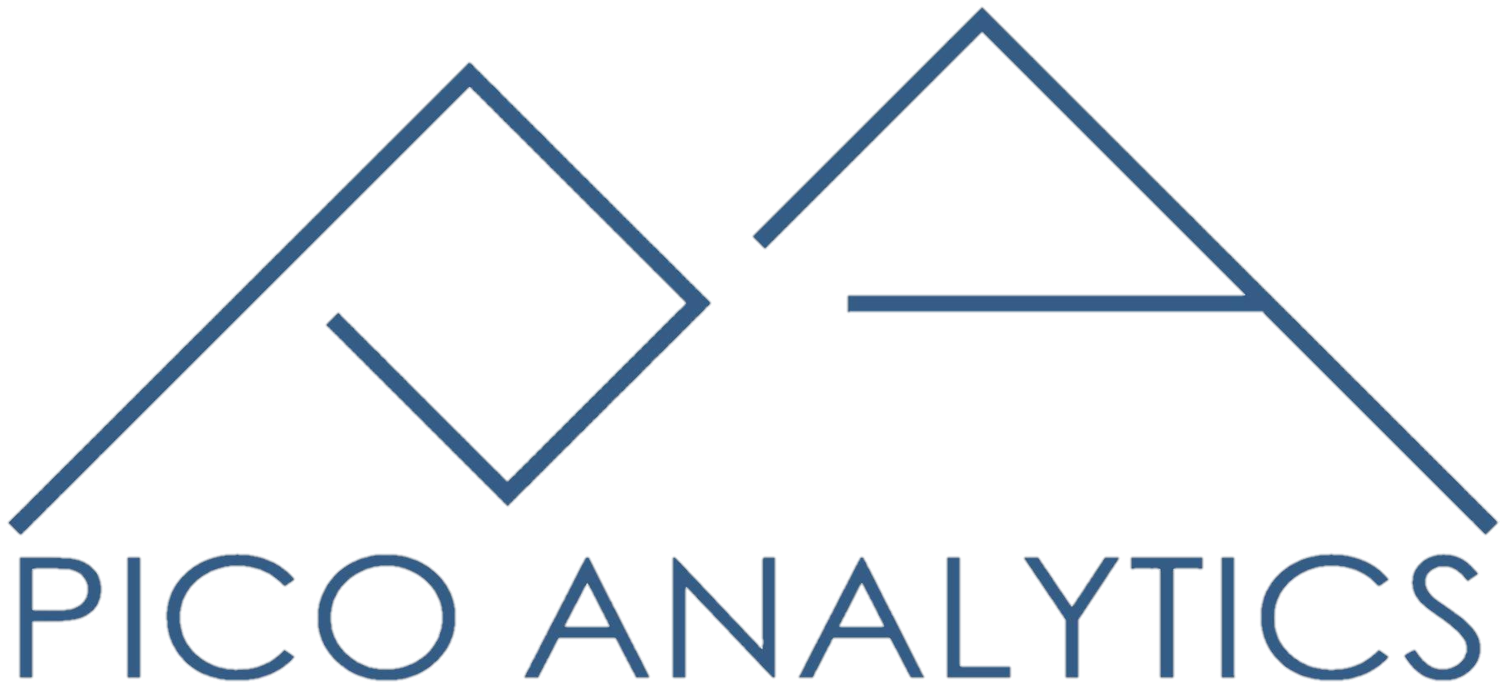SDG #17: The Global Partnership for Sustainable Development
In late 2015, when the United Nations came together to formulate the Sustainable Development Goals (SDGs), all the stakeholders involved were concerned that amongst toughening international relations, especially between the East and West, governments would end up overlooking the SDGs.
Notedly, governments with differing views on the global geo-political are less likely to work together for the good of all citizens. Incrementally, international partnerships can also be politicised, as was seen within the United States when it comes to the Paris Agreement for Climate Change. Leading up to the 2020 US presidential elections, Republicans and Democrats both disagreed on whether to re-join the agreement, focussing solely on some of the clauses, without trying to work with global partners to modify and improve the agreement. It was clear when formulating the SDGs, that in order to avoid a situation like this happening, governments would have to agree on a framework for implementation and partnership across the world.
Amongst the SDGs lies goal number 17, a specific goal that works to strengthen the means of implementation of the SDGs, as well as revitalising the global partnerships for sustainable development. Specifically, included in the goal were a number of clauses which allowed for the wholistic approach to sustainable development globally, summarised as:
· International support for developing countries;
· Promote the development and dissemination of environmentally friendly technology, especially for communications in underdeveloped countries;
· Enhance global macroeconomic stability, including political stability;
· Enhance policy coherence for sustainable development worldwide;
· Encourage and promote partnerships for sustainable development;
· Build on existing initiatives for sustainable development and create new initiatives.
The above list of targets demonstrates the intention of all nations to work together towards the achievement of the SDGs, to build on existing initiatives and to create new initiatives. As was noted in last week’s article from Pico Analytics, some countries have been more assertive than others in implementing these goals. For example, the UK has only reported once against the SDGs, whereas many countries have not reported at all. However, the UK has mandated an annual review against these goals across listed corporates on the London Stock Exchange.
It is clear therefore that more could be done by multiple nations to mismatch in progress against the goals across the global sphere. It should be the case that all signatories of this agreement should be progressing at a similar rate.
In June 2021, the UK hosted the G7 summit in Cornwall. The G7 summit is an annual summit where the leaders of seven of the largest global players come together to discuss policy ideas across the spectrum. Its members include Canada, France, Germany, Italy, Japan, the UK and the US, but often leaders from other global players are invited to participate, such as the President of the European Commission. In its latest summit, Sustainable Development was very much on the agenda.
Rishi Sunak, the UK’s Chancellor of the Exchequer, held discussions with finance ministers which resulted in a historic agreement on mandated climate reporting in line with the recommendations of the global Taskforce on Climate-related Financial Disclosures. While the mandate does not yet have an expected timeframe, the commitment makes it mandatory for corporates to report climate impacts and investment decisions, alongside new measures to strengthen central company beneficial ownership registries to crackdown on environmental crime.
Specifically, the proposals would see any company with more than 500 employees and more than £500m in annual turnover disclose potential risks associated with climate change and the net-zero transition into annual reports, and at present would impact c. 1500 companies currently operating in the UK. The total market capitalisation of these companies currently exceeds $12.8trn with $138.8trn of assets under management collectively.
The mandate was well received globally and amongst green stakeholders. Erkki Liikanen, chair of the IFRS Foundation Trustees, said: “We welcome the G7 Finance Ministers’ support for our work to develop the global baseline of sustainability-related financial disclosures and our ongoing dialogue with key stakeholders regarding the proposed establishment of an International Sustainability Standards Board ahead of COP26.”
We expect this to be the start of a critical phase of international cooperation toward improving sustainable reporting standards, aligned with achieving SDG 17. In November 2021, the UK will host the COP 26, the largest carbon-neutral conference with sustainability at its core, meeting with the United Nations Framework Convention on Climate Change sustainability requirements. The Goals of the conference will be to push countries globally to accelerate their net-zero targets, to keep a maximum global temperature increase of 1.5 degrees within reach.
Interestingly, COP 26 also includes a goal to “work together to deliver,” mirroring that of SDG 17. COP 26 underlines that the only way to accelerate action to tackle the sustainability crisis is to collaborate between governments, businesses, and civil society. The UK, by hosting this conference and holding the presidency, has been at the forefront of driving this international cooperation – the only way to truly transition to a sustainable world.
It is clear that when drafting the SDGs, countries across the board were concerned that international cooperation would be difficult on sustainability, as it could be lost in geo-political mongering. However, what we have seen recently is a number of countries come together to start a discussion and formulate priorities for the international movement towards the sustainable goals. Led by a handful of nations, whether that be the UK or other G7 nations, they have been able to build upon the original SDGs from 2015/16 and agree to a framework for reporting amongst corporates. We hope to see further progress from the COP 26 meeting in November in Glasgow, especially with regards to improving the framework for climate change and net zero targets and based on current progress toward the goal, we believe real progress can be made.
https://sdgs.un.org/goals/goal17


